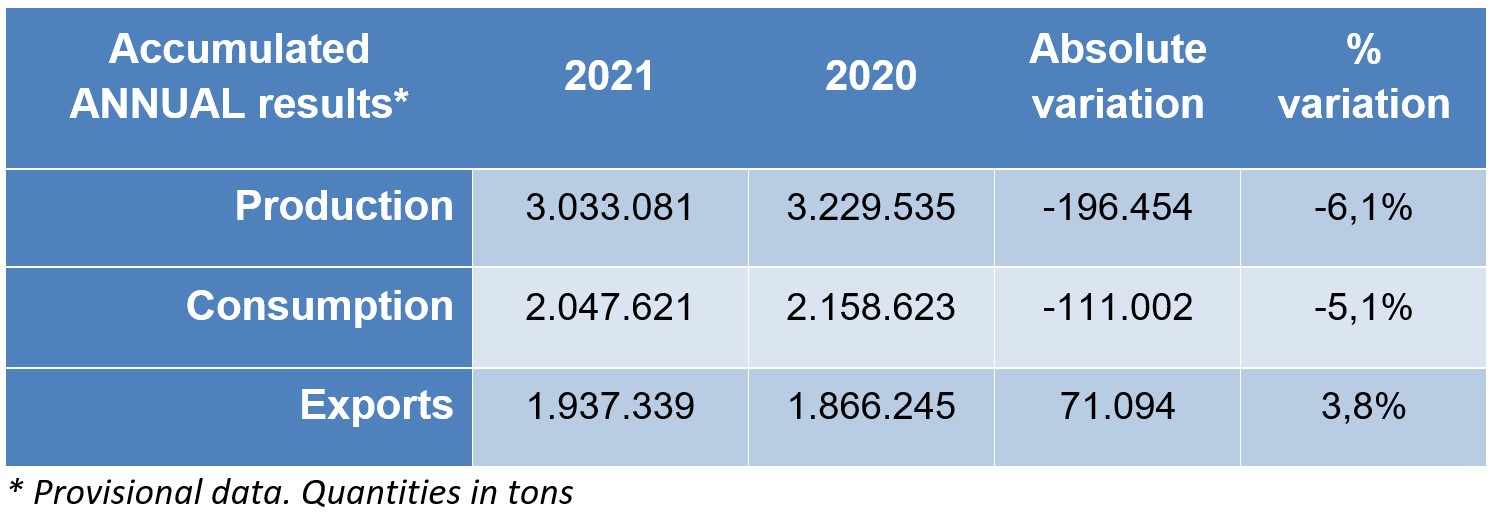The first 12 months of the Covid-19 pandemic have caused a 5.1% decrease in cement consumption in Catalonia (April 2020-March 2021 period). The paralysis of economic activities as a consequence of the successive states of alarm and confinements has slowed down the slight recovery from the 2014 lows with a drop in sales that, although not exaggerated, does aggravate the problems of an industry that works for the domestic market to only 30% of its operating capacity.
In addition, the prospects in the short term are quite discouraging given the trend shown by indicators such as the official tender or building visas. Public bidding has been reduced by 4% in the first 2 months of 2021, and by 17.5% in the last year, while the area approved for Construction accumulates decreases of 12.1% and 19.8% respectively.
At this juncture, Ciment Català urges public administrations, and in particular the Government of the Generalitat, to reactivate the public works that the country needs to be competitive and thus, at the same time, avoid a restructuring in the sector and that it has to close any of the cement plants located in Catalonia. This situation is aggravated by another additional problem, derived from CO2 rights.
As the president of the employer’s association, Salvador Fernández Capo, explains, the allocation of free emission rights to the sector in 2021 by the EU “has been reduced by 28% and, simultaneously, the price of CO2 rights exceeds 40 euros by Ton”. These costs, which are not incurred by countries outside the EU, make production more expensive and make exportation very difficult, the traditional way out of Catalan industry in times of crisis. With these perspectives, the continuity of some of the factories is seriously threatened.

